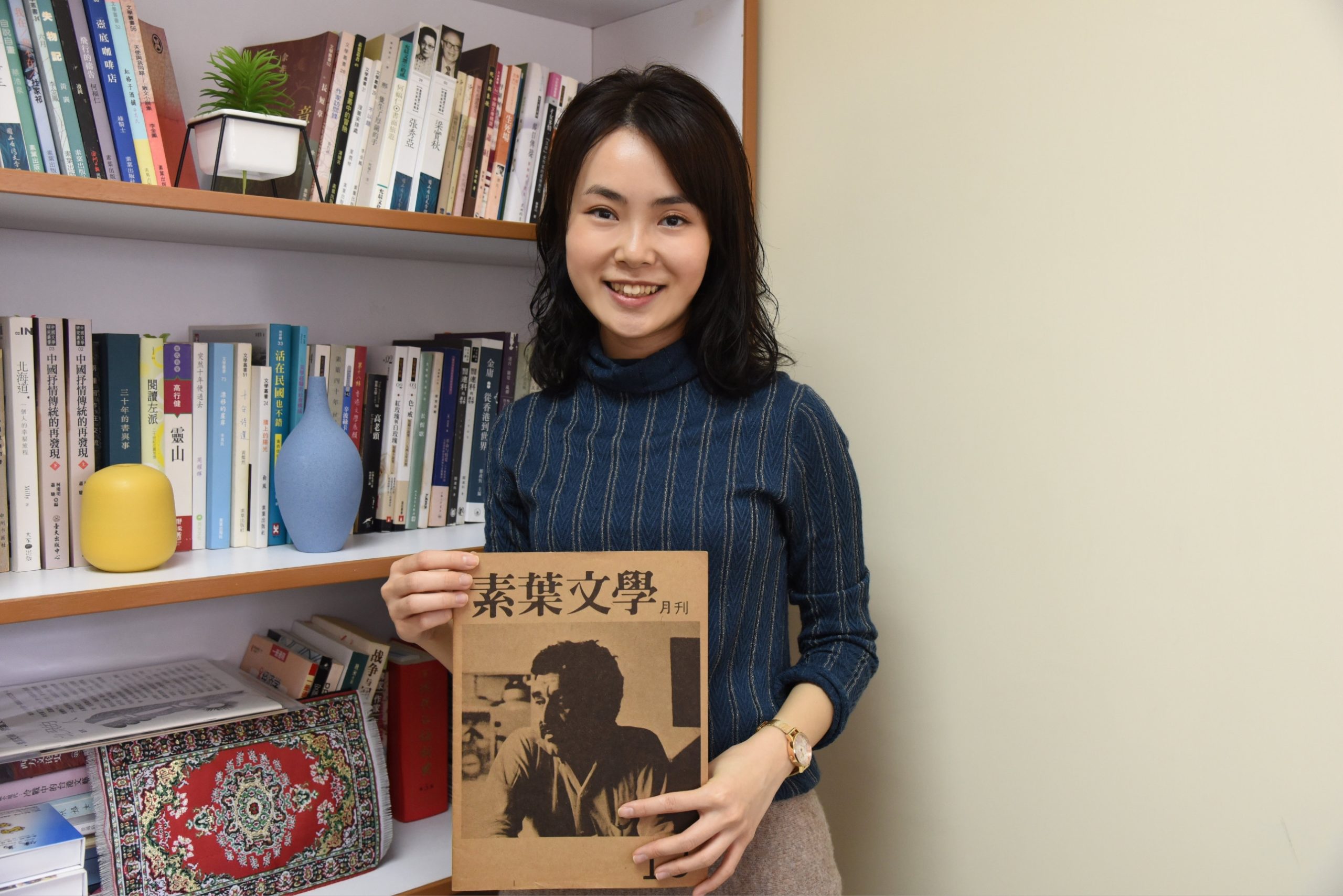Title of Project: The Imagination and Literary Practice of a “Third World” Hong Kong: The Introduction and Appropriation of the Latin American Literature in the 1970s Hong Kong
Principal Investigator: Dr WONG Ka Ki, Associate Head (Programme) and Assistant Professor, Department of Chinese Language and Literature
Source of Funding: Competitive Research Funding Schemes for the Local Self-financing Degree Sector 2021/22 – Faculty Development Scheme (FDS) of the Research Grants Council (RGC)
Amount of Grant: HK$624,320
Project Duration: 24 months
Dr. WONG Ka Ki first noticed Latin American literature through Hong Kong writer Xi Xi. She did an in-depth study on Xi Xi in her previous research of the Hong Kong literary magazine Su Yeh Literature. Xi Xi’s writing had absorbed a lot of elements from foreign literature, and one of Xi Xi’s favourites was Latin American literature. She added that the most important motivation in research is interest. “The object of academic research may generally be very boring, but Latin American literature is so fascinating.”
Dr. WONG explained that there is a well-known genre in Latin American literature called “magical realism”. Sometimes modern literature may explore certain darker themes, such as the decadence of the world or the darkness of human nature. Latin American magical realism, on the other hand, creates a fantastic world of literature. For example, One Hundred Years of Solitude, by Gabriel García Márquez, who won the Nobel Prize in Literature in 1982, is a wonderful example. She said that when reading Latin American novels, she found the worldview in them very interesting, and there were many aspects that could be compared with Chinese literature. She would love to study it more thoroughly.
She pointed out that Chinese writers are very interested in Latin American literature. Hong Kong, mainland China and Taiwan have translated and introduced a large number of their writers and works. These works have important and far-reaching impacts on the literary creation of the three places. In the introduction of Latin American literature, Hong Kong deserves special attention. Hong Kong writers noticed and swiftly adopted magic realism and produced mature literary works earlier than the interest in Latin American literature brought by the “Nobel Prize phenomenon” in the 1980s. Reviewing the current research situation in academic circles, there are many monographs on the relationship between Latin American literature and local literature in mainland China and Taiwan. In contrast, Hong Kong has accumulated a lot of research on how individual writers appropriated and transformed magic realism, but there is no comprehensive research on the origin and the development of the whole introduction phenomenon.
Dr. WONG said that, for this research, she intended to comb through all existing Hong Kong newspapers and literary journals in the 1970s, collect all translation and introductory articles related to Latin American literature, analyse how the learning and imitation process was, and how the subjectivity of Hong Kong literature in the 1970s was generated in its interaction with the world trend. This research topic is very important for the study of Hong Kong literature. By reviewing the newspapers and magazines in that period, we can discover what Hong Kong writers knew about and how they understood Latin American literature, how they choose to absorb certain elements of Latin American literature, and resulted in the emergence of many important works in the history of Hong Kong literature, such as Xi Xi’s Flying Carpet (《 飛氈》), Yesi’s Shih-man the Dragon-keeper (《養龍人師門》) and Paper Cutouts (《剪紙》).
She also pointed out that the term “introduction” in the project title includes translation and commentary articles, not only translation study in the traditional sense. This is because there were more “introductory” articles than translation works in Hong Kong newspapers and periodicals, but they are also “translation” in a broader sense. Newspapers and periodicals were the main force in promoting the world literature trend in the 1970s, so she does not limit herself to the study of translation in a narrow sense, and her research method is also different from traditional translation research. The project will combine the theoretical frameworks of newspaper and periodical research methods with translation theory and translingual practice.
When asked what difficulties she expects to encounter in the research, Dr. WONG revealed the difference between languages is one of them. Although the primary plan of this research is to explore and sort out materials from Chinese newspapers and periodicals in Hong Kong, and there are sufficient English translations of many important Latin American literary works and research for reference, if one wants to further study this topic in the future, the inability to read Spanish directly will be a real obstacle. That’s why, said Dr. WONG, she has been learning Spanish since last year. She hopes to carry out more in-depth research on Latin American literature when she becomes fluent in Spanish in the future.
Source: Jan and Feb 2022 Combined Issue
